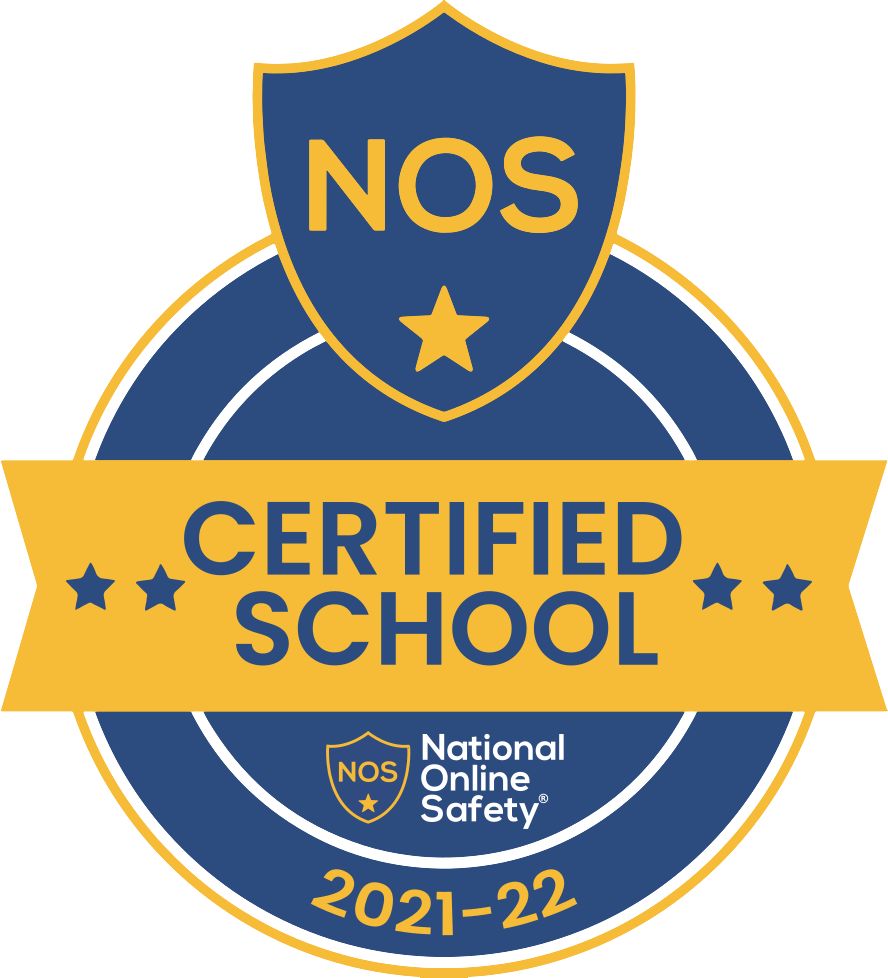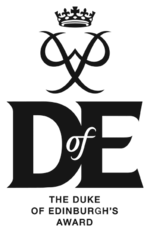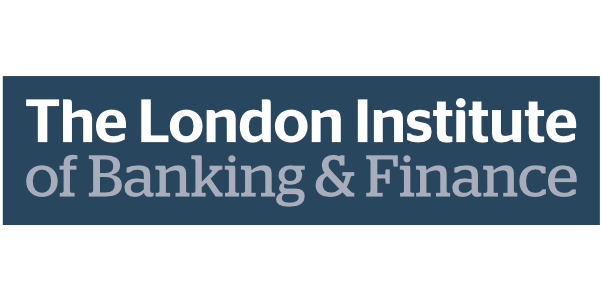Physical Education
Curriculum End Points
Year 7;
Pupils will know and be able to show basic skills, techniques and rules for a range of Activities/Team/Individual games: including:
- Football, Basketball Netball, Rugby, Rounders, Cricket, Badminton, Tennis
- Trampolining, Fitness and athletics.
Pupils will know and be able to show basic problem solving and outdoor adventurous skills (communication, leadership, Map location skills) , taught through medium term plans for problem solving and map skills and with the visits from outside providers Desert Rats.
Pupils will also know and show abilities in analysing their own strengths and weakness across the activities followed and develop an understanding of how these can make them more successful as performers. They will start to lead warm ups and stetches where ready.
Pupils will know and be able to show theoretical about Training Methods which will be taught in Games units = Continuous training and Fartlek training
Pupils will know and be able to show fitness knowledge taught through discrete fitness units: Tests for:
- Speed test 30 sprint, Muscular Endurance (1 min sit up and plank)
- Cardio Vascular – (Bleep or 12 min run). How to test take heart rate and expectation of 60 BPM. What is Circuit Training – SETS REPS –structure /overload by type/intensity
Year 8;
Pupils will know and be able to show developing skills, techniques and rules for a range of Activities/Team/Individual games: including:
- Football, Basketball Netball, Rugby, Rounders, Cricket, Badminton, Tennis
- Trampolining, Fitness and athletics.
Pupils will know and be able to show improving problem solving and outdoor adventurous skills (communication, leadership, empathy, respect, map reading), taught through medium term plans for problem solving and map skills and with the visits from outside providers Desert Rats.
Pupils will also know and show increased abilities in analysing their own strengths and weakness across more activities followed and develop an understanding of how to apply this knowledge to make better decisions and activity/position selection. They will lead dynamic warm ups and start to umpire where ready.
Pupils will know and be able to show fitness knowledge taught through discrete fitness units including:
- Circuit training variations super sets/pyramids
- Weight training – resistance
- Energy Balance - Diet – burning off calories in certain food e.g Kit Kat Challenge
- Illinois Agility
- Muscular strength
- Flexibility
- Fitness testing normative data
- And then what Interval training is as part of athletics
Year 9;
Pupils will know and be able to show developing progressed skills, techniques and rules for a range of Activities/Team/Individual games: including:
- Football, Basketball Netball, Rugby, Rounders, Cricket, Badminton, Tennis,, Handball, Softball.
- Trampolining, Fitness and athletics.
Pupils will also know and show increased abilities in analysing the strengths and weakness of others, across more activities and apply this understanding to make better decisions for success of theme selves and others. They will lead parts of sessions and start to umpire, plan where ready.
Pupils will know and be able to show understanding of fitness knowledge taught through discrete fitness units:
- Target HR training zones
- Aerobic/Anaerobic
- Antagonistic pairs
Muscle groups – names
- Quad/Hamstring
- Bicep/Tricep
- Abdominals/Latisimuss Dorsi
- Gastrocnemius
- Principles of Training
- Progression – Overload Specificity Reversibility time
Year 10;
Pupils know and show more advanced skills, tactics and rules to perform/umpire a similar variety of activities in keystage 3 but with more personalisation e.g Pupils are allocated a venue and then choose activities for the whole term or half a term. This can involve more social games ie Kin ball, Boxercise, Bench ball with emphasis on Fitness, enjoyment and leading themselves.
Theoretical content and fitness knowledge is taught through fitness units:
Pupils plan PEP’s for themselves or clients applying the knowledge learnt in KS3
GCSE and CNAT students follow exam board specs which includes:
1. Physical training
2. Use of data
3. Sports psychology
4. Socio-cultural influences
NEA Analysis and evaluation coursework
CNAT
Sports Injuries - Exam
Sport Psychology/Sports Technology
Year 11;
Pupils know and show more advanced skills, tactics and rules to perform/umpire in a similar variety of activities but with more personalisation as per Year 10 for one lesson a week. For one lesson a week pupils select an activity from a much wider offer – including offsite or guest instructors if timetabling allows.
Theoretical content and fitness knowledge taught through fitness units:
Pupils plan a progressive PEP for themselves of clients applying the knowledge learnt in KS3
GCSE and CNAT students follow exam board specs which includes:
1. Health, fitness and wellbeing
2. Exam practice
3. Revision – revisit and retrieve
4. Practical assessment – including offsite.
Year 12;
Pupils follow the OCR A’Level PE Specification as well as the Sports Leaders Level 2 qualification. This theoretical content includes :
- Applied anatomy and physiology
- Biomechanics
- Skill acquisition
- Sport and society
Through performance or coaching
- Evaluation and Analysis of Performance for Improvement (EAPI)
Year 13;
Pupils follow the OCR A’Level PE Specification as well as the Sports Leaders Level 3 qualification. This theoretical content includes:
- Exercise physiology
- Sports psychology
- Contemporary issues in physical activity and sport
Through performance or coaching
- Evaluation and Analysis of Performance for Improvement (EAPI)







